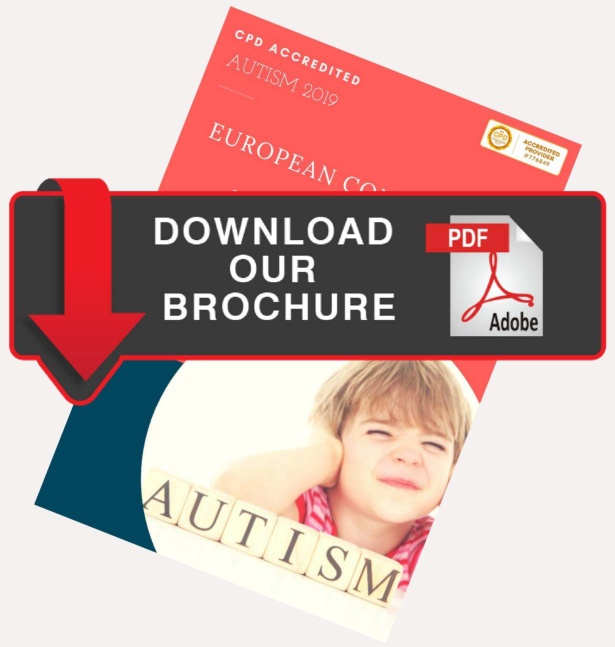
Cheung Wing Yan Joanne
King’s College London, UK
Title: The prevalence of Autism Spectrum Disorder (ASD) and Attention Deficit Hyperactivity Disorder (ADHD) in Tuberous Sclerosis Complex (TSC). A comparison of prevalence in patients with TSC1 and TSC2 mutations.
Biography
Biography: Cheung Wing Yan Joanne
Abstract
Tuberous Sclerosis Complex (TSC) is a genetic disorder caused by mutations in the TSC1 or TSC2 genes. It is not known if the risk for ASD or ADHD is increased in both TSC1 or TSC2 mutations. This study aims to determine the prevalence of ASD and ADHD based on mutation type (TSC1 or TSC2 gene). The TS2000 study is a population based, longitudinal study of the natural history of TSC. 125 children diagnosed with TS were recruited. And followed up at several time points. ASD and ADHD were assessed using standardised and semi-standardised measures. Of the 125 participants, 19 had TSC1 mutations and 77 had TSC2 mutations. 42.9% of patients with TSC2 mutation met stringent diagnostic criteria for ASD, 24.5% met criteria for probable ASD and 12.2% for more broadly defined ASD. Amongst patients with TSC1 mutations, 25% met stringent diagnostic criteria for ASD, 37.5% probable ASD and 18.8% met criteria for more broadly defined ASD. The difference between TSC1 & TSC2 was not significant: p= 0.77. In TSC1 cases, definite ADHD was diagnosed in 27.3% and probable ADHD was present in 9.1%. Amongst TSC2 cases, 20.8%. had definite ADHD and 22.9% probable ADHD. The difference between TSC1 & TSC2 was not significant: p=0.70. Mutations in both the TSC1 and TSC2 genes are associated with an increased risk of ASD and ADHD compared to the general population, but in this small sample, the prevalence of ASD and ADHD in TSC1 and TSC2 cases was not significantly different.

